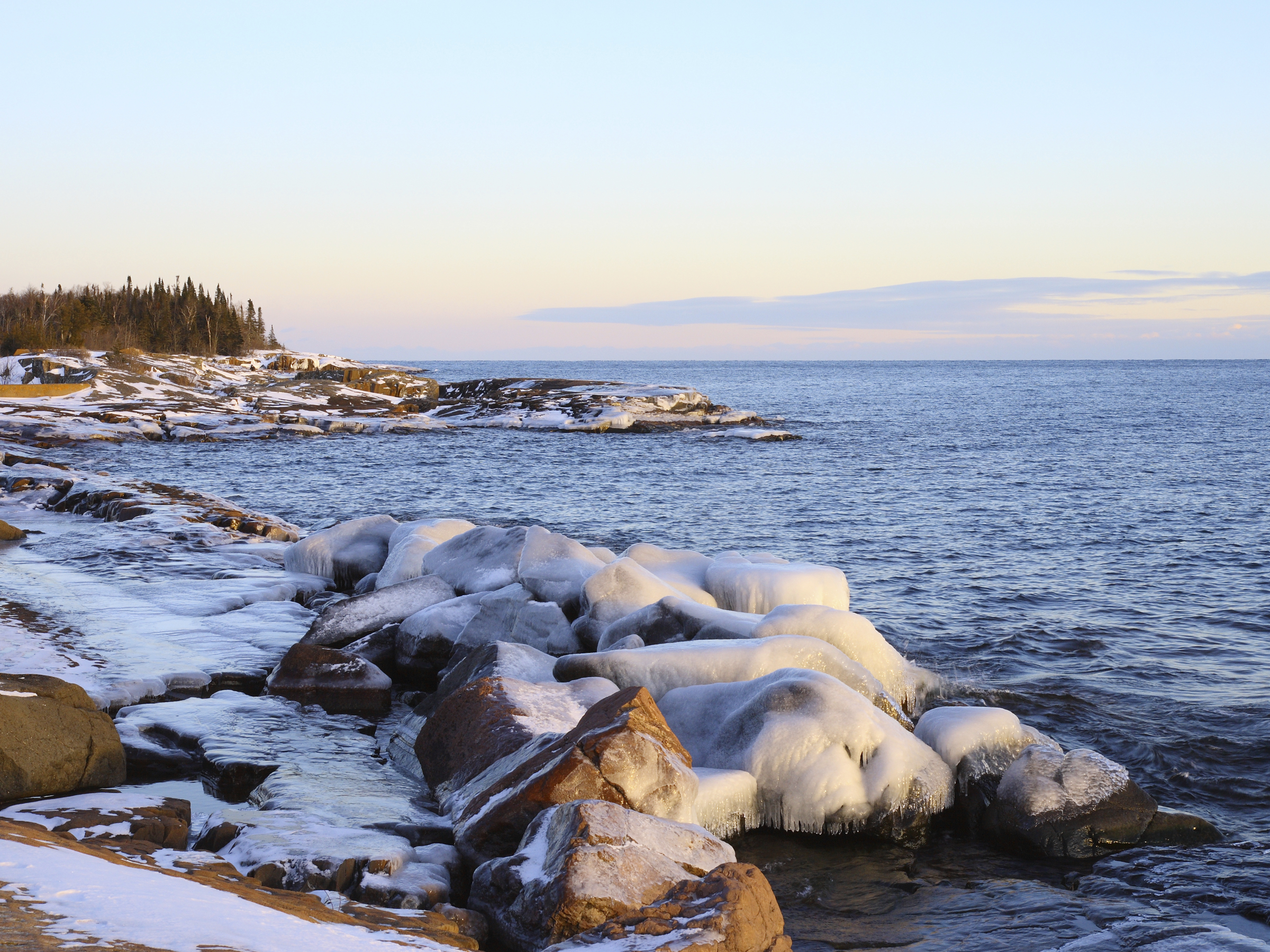
The Great Lakes are national treasures. These water bodies provide drinking water to 40 million people and contain 20% of the earth’s fresh surface water. Now that there is new leadership in Congress and at the State Capitol people like you, people who care about protecting our water, health, and the Great Lakes could make the difference when trying to pass proactive policies.
The following Great Lakes and drinking water issues will be debated at the state and nations capitols. If you have a chance, get out and ask your elected officials in your community about where they stand on these issues:
Invasive carp: Invasive Asian carp are an aquatic invasive species that pose a serious threat to the Great Lakes regional economy and ecosystem.
Questions to Ask Your Representative:
- What will you do to keep Invasive Asian carp out of the Great Lakes?
- How will you ensure that plans to prevent Asian carp from reaching the Great Lakes get implemented quickly?
Ballast water: Aquatic invasive species, such as zebra and quagga mussels, and spiny water flea cause irreparably harm to the Great Lakes. Ballast water discharged by oceangoing ships entering the Great Lakes is the single largest source of aquatic invasive species.
Questions to Ask Your Representative:
- How will you ensure that the Great Lakes are protected from aquatic invasive species that can be carried into and around the lakes in ships’ ballast water?
- How will you protect the Great Lakes from new aquatic invasive species and the economic and ecological havoc they cause?
Agricultural pollution: Runoff pollution from agricultural lands carries excessive nutrients into our waterways, which fuels harmful and at times toxic algal outbreaks across the Great Lakes. This is a significant threat to the region’s drinking water, quality of life, and economic well-being.
Questions to Ask Your Representative:
- What will you do to reduce runoff pollution from agricultural lands?
- How will you prioritize Farm Bill conservation dollars to reduce runoff pollution?
Great Lakes Restoration Initiative (GLRI): The Great Lakes Restoration Initiative (GLRI) supports projects to clean up toxic pollution, restore fish and wildlife habitat, combat invasive species like Invasive Asian carp, and prevent polluted runoff from farms and cities. Currently, Congress invests $300 million annually in the program.
Questions to Ask Your Representative:
- Do you support continued full federal funding for the GLRI at $300 million annually?
- How will you ensure that Great Lakes restoration continues?
The U.S. Environmental Protection Agency: EPA plays a critical role in safeguarding the Great Lakes from pollution. The EPA must receive funding and policy direction that ensures federal Great Lakes efforts do not backslide. EPA also administers the GLRI and without a strong EPA the GLRI will not be implement to maximize restoration and protection efforts.
Questions to Ask Your Representative:
- How will you ensure the EPA is able to continue to support critical Great Lakes programs and administer the Great Lakes Restoration Initiative?
- How will you ensure that the states and tribes have the resources needed to protect the Great Lakes and other water resources from pollution?
Water infrastructure
Drinking Water: The Great Lakes provide drinking water for about 40 million people. In 2017, the American Society of Civil Engineers gave U.S. drinking water system a “D,” stating that much of our drinking water infrastructure is nearing the end of its useful life. An estimated $1 trillion is necessary to repair, replace, and expand drinking water distribution systems over the next 25 years.
Questions to Ask Your Representative:
- How will you increase funding available to communities to pay for drinking water infrastructure upgrades?
- How will you ensure communities are able to fix failing water infrastructure and provide safe and affordable drinking water without financially over burdening economically challenged families?
Sewage and stormwater runoff: More than 70 percent of all combined sewers in the United States, which collect both raw sewage and stormwater runoff, are located in the Great Lakes region. During heavy rains, combined sewers overflow. As a result, raw or poorly treated sewage runs directly into the lakes.
Questions to Ask Your Representative:
- Do you support increased funding for the Clean Water State Revolving Fund to address outdated and failing wastewater infrastructure?
- How will you ensure that funding solutions for economically disadvantaged or small rural communities are prioritized through the Clean Water State Revolving Fund?
Keeping drinking water safe: Water traveling to consumers through lead service lines poses a serious threat to the health of residents. Lead service lines need to be replaced in full, including both publicly and privately owned portions of the line. It is estimated by the American Society of Civil Engineers that it will cost $30 billion to replace every lead service line in the country.
Questions to Ask Your Representative:
- What solutions will you propose for lead service line replacement on private property?
- How will you update drinking water laws in your state to improve monitoring of contaminants and address issues related to affordability?
There are a number of ways you can get involved and protect the Great lakes! There are many ways you can get involved: attend a policy forum and ask some of these questions, you can write a letter to the editor about how important the Great Lakes and Clean Water are to you, send an email or call your representative and ask them about these issues or tell them what you think, or speak up on social media and talk with family and friends about it.
